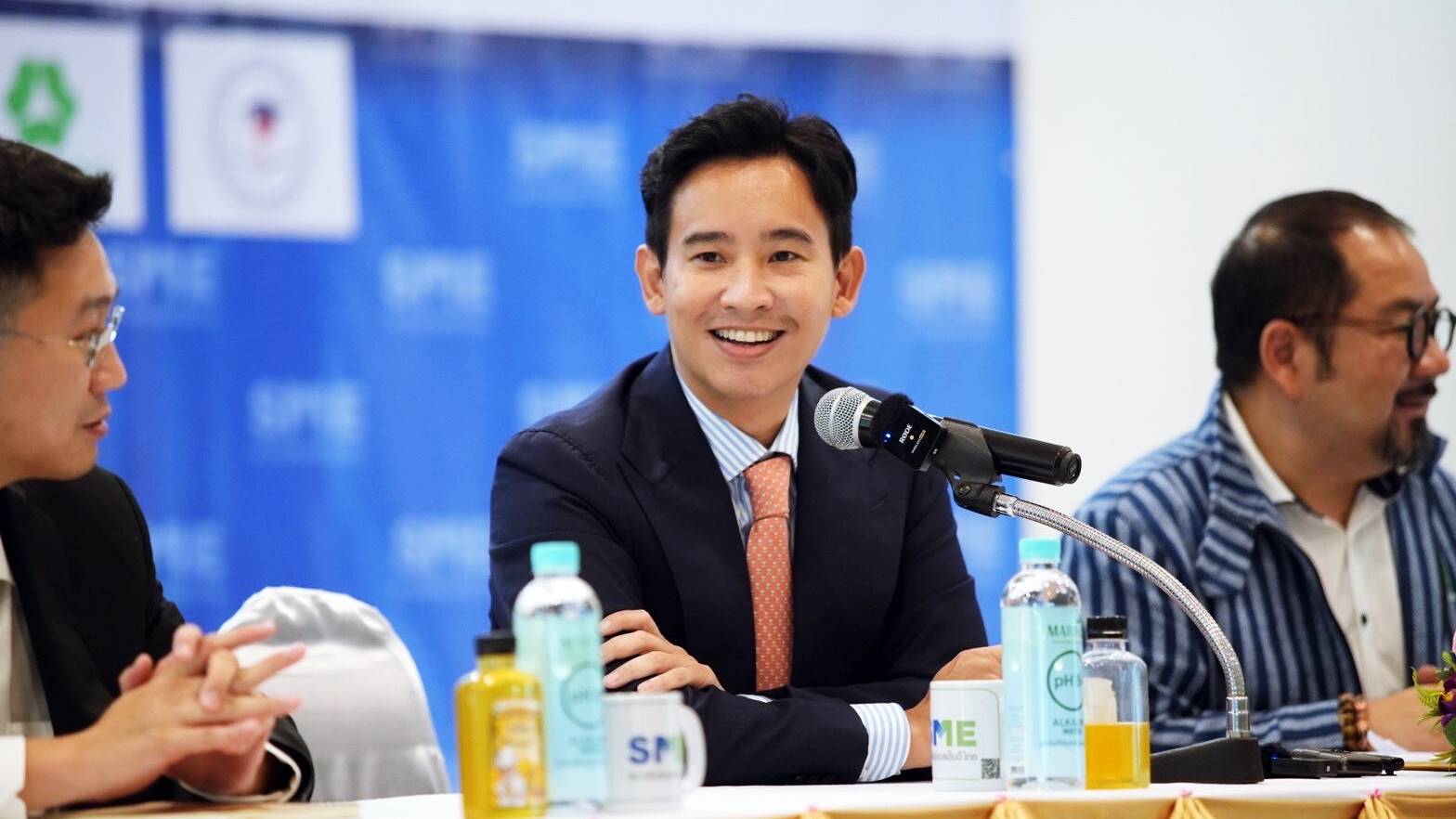Thailand is facing a period of political uncertainty as the Election Commission investigates the main prime minister hopeful, Pita Limjaroenrat, for alleged violations of the election law.
Thailand’s political uncertainty, caused by the Election Commission’s investigation into the main prime minister candidate, could delay the formation of a new government and hurt market sentiment.
Key Takeaways
- Delays in establishing a new coalition government are causing concern for manufacturers and exporters in Thailand.
- Political uncertainty, geopolitical conflicts overseas, and an export slowdown have led to a drop in the Thailand Industry Sentiment Index (TISI) for a second consecutive month.
- Delay in a new government taking power would impact foreign and domestic investment, and the economy could grow less than 3% if there is a delay in the formation of a new government.
- Thailand faces competition for foreign direct investment from Indonesia, which may be more attractive due to political stability and a large domestic consumption market.
Political uncertainty in Thailand has already impacted the Thailand Industry Sentiment Index (TISI) for the second month in a row, with the May reading down to 92.5 points from 95 in April. The Federation of Thai Industries (FTI) cited delays in establishing a new coalition government as the cause of the drop.
Though the complaints against Pita Limjaroenrat, leader of the Move Forward Party have been dismissed, the EC has proceeded to investigate whether he was qualified to run for an MP seat. The delay in forming a new government may impact foreign direct investment and domestic investment, as investors would prefer to wait and watch, or choose other destinations, instead of Thailand.
How Political Uncertainty in Thailand Affects Its Economy
Political uncertainty has negative effects on the economy, as it reduces business confidence, consumer spending, and investment. According to a survey by the University of the Thai Chamber of Commerce, political instability is the top concern among Thai businesses, followed by the COVID-19 pandemic and the global economic slowdown.
The survey also found that business confidence index dropped to 45.4 in May 2023, the lowest level since June 2022.
A challenge for Thailand’s recovery in the post-pandemic era
The political uncertainty in Thailand poses a challenge for its recovery and development in the post-pandemic era. The country needs a stable and legitimate government that can address its economic and social problems effectively and democratically. The court’s ruling could either pave the way for such a government or plunge the country into deeper turmoil.
Political uncertainty also affects the financial markets, as it increases volatility and risk aversion among investors. The Thai stock market has been underperforming compared to its regional peers, as foreign investors have been net sellers of Thai shares since February 2023. The Thai baht has also depreciated against the US dollar, reaching a three-year low of 34.5 baht per dollar in June 2023.
Thailand’s stock market has been under pressure from foreign investors, who have sold off nearly 100 billion baht worth of shares in the first five months of 2023, according to the Stock Exchange of Thailand (SET).
Political uncertainty may also impact budget disbursements
The political uncertainty may also impact budget disbursement, especially capital spending. The number of countries wooing FDI has intensified, with governments offering competitive incentives to encourage businesses to set up manufacturing bases. Political stability in Indonesia has made it more attractive for FDI, and at the same time, political uncertainty in Thailand could scare potential investors away.
The government needs to implement effective fiscal and monetary policies to support the economic recovery, as well as structural reforms to enhance competitiveness and productivity. However, these policies and reforms require political consensus and legitimacy, which are lacking under the current situation.
Thailand has the potential to overcome its political uncertainty and achieve economic prosperity, if it can uphold its democratic principles and institutions, and foster a culture of dialogue and compromise among its diverse stakeholders.













